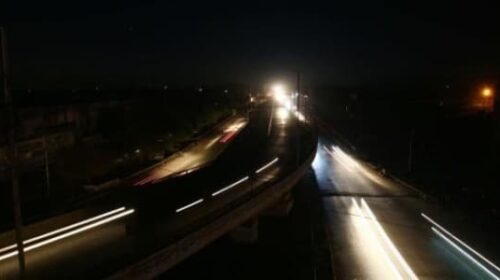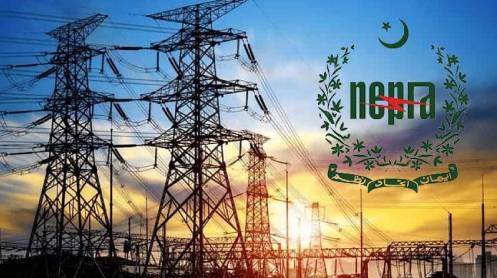Pakistan is reverting back to a five-day work week in an effort to reduce energy and fuel consumption as its energy crisis worsens in the very hot summer months.
The new government of Pakistan—whose population is the fifth largest in the world after China, India, the United States, and Indonesia—introduced a six-day work week in April to increase productivity. But as rolling blackouts continue amid an energy shortage, Pakistan is now going back to the five-day work week, government officials said this week.
“We are facing a severe crisis… We desperately need to take energy conservation measures. We need to tap on every option to save on energy,” Information Minister Marriyum Aurangzeb said as carried by Reuters.
Since energy prices started soaring at the end of last year, Pakistan has been experiencing an energy crisis as the country cannot afford to import a lot of energy products.
In April, soaring prices of liquefied natural gas (LNG) and coal on the international markets left Pakistan with having to cut electricity supply to households and industry as the country in a deep political and economic crisis cannot afford to buy more of the expensive fossil fuels.
The energy crisis, and the political crisis with the April ousting of Imran Khan as prime minister, have combined to throw the Pakistani state budget and finances into disarray.
Pakistan is not the only country looking to conserve energy amid high prices and a global energy shortage. Japan, for example, on Tuesday called on households and companies to conserve as much electricity as possible this summer, seeking to prevent blackouts as spare reserve capacity is expected to drop to critically low levels.
In Europe, Spain passed a decree limiting the use of air conditioning in public buildings as part of a strategy to conserve energy and reduce Europe’s dependence on Russian gas. Switzerland, another country in Europe, although not a part of the EU, would see its power supply uncertain for next winter, and troubles with enough electricity capacity cannot be ruled out, the Swiss Federal Electricity Commission, Elcom, said last week.





